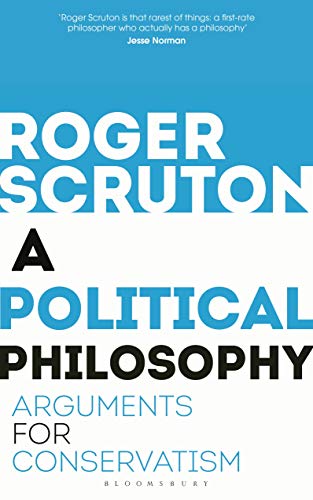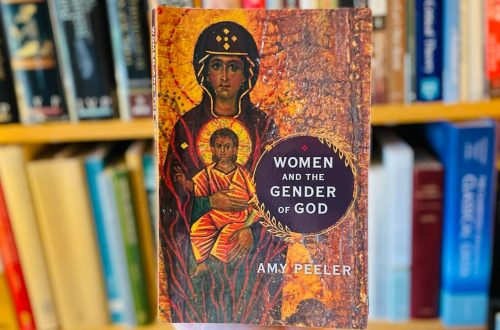 Proverbs 16:2 is simple and uncomplicated, yet it says something profound about the human condition.
Proverbs 16:2 is simple and uncomplicated, yet it says something profound about the human condition.
All the ways of a man are clean in his own sight,
But the LORD weighs the motives.
The “ways of a man” refers to the way that a person leads his life. This particular “man” shows very little concern about the moral character of his life. When it comes to decisions or relationships or work, this kind of person tends to hold himself in high esteem. He views himself as “clean” in his own sight—which means that he thinks he is doing just fine.
Perhaps a man is angry and harsh to his wife, but he doesn’t see it that way. He thinks he’s justified in the way he treats his wife. He’s “clean” in his own sight. Perhaps a woman regularly cuts corners at work and undermines her fellow workers, but she doesn’t see it that way. Her own self-estimation is that she is popular and loved among her co-workers. She doesn’t know how people really feel about her because she is “clean” in her own sight. Perhaps a man is emotionally absent from his children, but he doesn’t see it that way. He’s unaware that they are slipping away from him because he’s “clean” in his own sight.
This means that we are by nature prone to excuse our own shortcomings, to overlook them, or even to justify them. The result is that we walk around with a self-regard that often exceeds reality. This is a special danger in our current cultural context where self-esteem is presented as the end-all-be-all of human virtue. The therapeutic worldview encourages us to think of ourselves more highly than we ought. And yet here is a proverb that is telling us the opposite.
Why does this proverb tell us to be so skeptical about ourselves? Because God is the One who “weighs the motives.” Literally, the text says that God is the one who “examines” our “spirits.” God knows me better than I know myself. I may have an inflated view of my own worth and success at life, but God can see what I either cannot or will not see about myself. And there is often a gap between the reality that God sees and the illusions that I sustain in thinking about myself.
All of this teaches us at least three things:
(1) An untroubled conscience might say less about our real character than it does about our lack of self-awareness. Paul said it this way: “I am conscious of nothing against myself, yet I am not by this acquitted; but the one who examines me is the Lord” (1 Cor. 4:4). Paul understands that his clean conscience doesn’t make him innocent of evil doing. It’s possible to feel innocent while not actually being innocent. This is the point that we must press upon our own hearts. God is our judge. We don’t judge ourselves.
(2) We need to be suspicious of ourselves. That is why the proverb warns, “He who trusts in his own heart is a fool” (Proverbs 28:26). We need to realize that we have the potential to view our foibles through rose-colored goggles. We tend to do that because we are sinners by nature, and self-regard comes rather natural to us. That is why we need to be attuned to our hearts enough to know when pride is swelling. “A man’s pride will bring him low, But a humble spirit will obtain honor” (Proverbs 29:23).
(3) We need to see ourselves as God sees us. God knows that we are but dust and that sometimes our self-knowledge falters. Nevertheless, God gives us Proverbs like this one to encourage us to view ourselves in the full light of God’s revelation. The more grand our vision of God is the more humble our estimation of ourselves will be. There is a joy and a humility that only comes from the self-forgetfulness of worship. Self-loathing is not the antidote to pride, but God-exaltation is.




10 Comments
Christiane Smith
” We need to see ourselves as God sees us. God knows that we are but dust . . . ”
“O God, you are my God;
I earnestly search for you.
My soul thirsts for you;
my whole body longs for you
in this parched and weary land
where there is no water.
( from Psalm 63)
Pingback:
Kent McDonald
Thank you so much for this post. It is way too easy to rationalize our way through life deluded into thinking we are O.K. when we are blind, and naked and poor in His eyes.
Pingback:
Ben Rhodes
“We need to realize that we have the potential to view our foibles through rose-colored goggles.”
There is also a corollary to this – we also need to realize that we have the opposite potential – to see our foibles as the defining factor of who we are (rather than the imago dei being the defining factor). This is equally part of the fallen nature.
People who already believe themselves to be good-for-nothing usually end up feeling worse after they hear that the are actually seeing themselves through rose-colored glasses. As much as we should strive to root out pride, we should equally work to lift the downtrodden. This shouldn’t be a “one size fits all” approach.
Christiane Smith
Hi BEN,
your thoughts reminds me of some Jewish wisdom from Rabbi Toba Spitzer, this:
“It was said of Reb Simcha Bunem that he carried two slips of paper, one in each pocket. On one he wrote: “for my sake the world was created.” On the other he wrote: “I am but dust and ashes.”
He would take out each slip of paper as necessary, as a reminder to himself.
I think the notion of these two slips of paper can be very helpful to us as they suggest a kind of balance that we need to achieve, as we walk through this world.”
Pingback:
senecagriggs
Reading the article, at first I thought of other people but then, “It’s me, it’s me oh Lord standin’ in the need of prayer.”
Pingback:
Pingback: